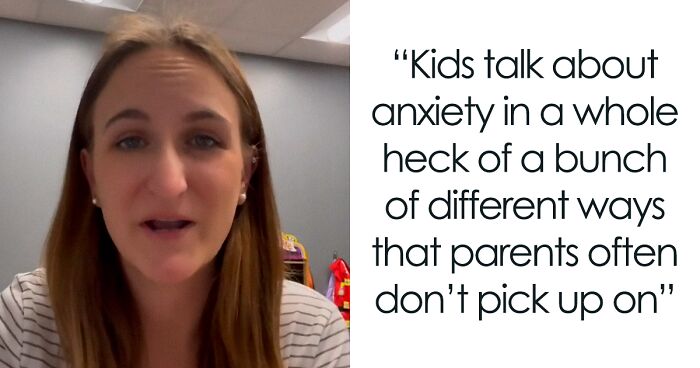
Therapist Reveals 15 Subtle Ways Kids Express Anxiety That Adults Often Don’t Pick Up On
Living with anxiety is a lifelong struggle. While millions of adults know what it’s like to have this consistent and unwanted companion following their every decision, it usually comes back to — or starts with — childhood.
Alarmingly, a growing number of kids are living with anxiety, but several factors keep many from receiving treatment. And one of them is that parents often miss the signs that can manifest in a variety of different ways.
Melissa Griffing, LPC, RPT, who goes by @momtherapist on TikTok, has recently taken up the challenge to teach people how to spot anxiety in kids and explain what a heavy burden it may be. In her recent video, which has amassed over 1.3 million views on the platform, the 33-year-old child therapist and mom-of-three shares the subtle ways the little ones express worries.
From “my tummy hurts” to “nobody likes me”, Melissa guides parents on how these signals may present, how to catch them, and how to help kids understand what they’re going through. So continue scrolling to learn all about it, read on to find the conversation it sparked on the platform, and be sure to share with us if you or your child ever experienced anything like this in the comments.
Melissa Griffing, LPC, RPT, recently went viral on TikTok after sharing 15 subtle ways kids may express anxiety that parents often don’t pick up on
Image credits: momtherapist
Image credits: Keira Burton (not the actual photo)
Image credits: momtherapist
Image credits: wellnestcounseling
You can watch the full video, which has amassed over 1.3 million views, right here
@momtherapist Kids tall about anxiety in ways adulta often dont pick up on. Heres your cheat sheet for deciphering kid speak on anxiety! #therapy#childtherapists#thoughtsfromatherapist#wellnestcounseling#dallastherapist#parenting#4upage♬ original sound – Melissa
Even though anxiety is one of the most widespread mental health disorders among children and adolescents, parents often miss it because it can manifest differently in kids than in adults. This is a cause for concern, as research shows children’s anxiety and depression are on the rise.
An article published in JAMA Pediatrics explains that anxiety and depression among children ages 3-17 have increased over the last five years. Using data from the National Survey of Children’s Health, the researchers found that anxiety increased by 27% from 2016 to 2019. Moreover, the direction of these trends continued into the pandemic years, which even exacerbated them, with 5.6 million kids being diagnosed with anxiety problems in 2020.
Despite the increased needs, the use of mental health treatment or counseling among children and adolescents did not increase over the five-year period. As of 2020, only 80% of kids who needed mental health care received any services.
Many of you reading this article know what living with this beast feels like, and some of you are still living with it daily. That’s why it’s important to have conversations about mental health and what conditions like anxiety can look like in kids so the little ones don’t feel overlooked, ignored, or alone.
“Kids often don’t understand that they are feeling anxious or worried. Instead, it comes out as symptoms… ‘My tummy hurts’; ‘My head hurts’; ‘I don’t want to go’; ‘I don’t feel like it.’ These are all ways to avoid the thing that is making them feel anxious and all phrases I have heard repeatedly from kids or parents describing the issues they are experiencing with their kids,” Melissa toldBuzzFeed in an interview.
Melissa then created a follow-up video sharing tips on how to help kids cope with anxiety. The first step — help them understand their feelings
@momtherapist Helping your kids manage their own anxiety part one. #therapy#childtherapists#tipsfromatherapist#dallastherapist#parenting#thewellcounseling♬ original sound – Melissa
Apparently, parents should also pay attention to certain child behaviors as they can reveal warning signs. “Anxiety has many symptoms. In young children, the fight-or-flight response is often triggered. So, when a 3-, 4-, or 5-year-old is anxious, they exhibit big behaviors like screaming, crying, kicking, fighting, biting, or running away.”
“In older kids, we might see avoidant behaviors, physical symptoms like headaches or stomach aches, kids shutting down and becoming non-compliant, or even rude and disrespectful,” Melissa continued. “Other times when anxiety is present, the body’s response is to freeze. So, what looks like a kid being lazy, non-compliant, or procrastinating is actually the brain being paralyzed with worry and stress.”
In another clip, she suggested that reading books about worry can help kids recognize it better
@momtherapist part 2 of how to help your kids#childtherapists#therapy#tipsfromatherapist#dallastherapist#parenting#wellnestcounseling♬ original sound – Melissa
However, when children or adolescents express these phrases or do certain behaviors, it doesn’t always mean it’s a signal to be worried. The licensed therapist said that kids are intelligent — and they sometimes know just the right words to say to get their way.
“It brings up an important point: For anxiety to be clinically diagnosable, these phrases must be accompanied by other symptoms. Parents should be on the lookout for irritability, difficulty concentrating, muscles tensed all the time, feeling restless or antsy, and/or difficulty with sleep,” Melissa added.
But as everyone experiences these hints from time to time, “the key here is that the symptoms seem to happen more frequently and prolonged than same-aged peers and are causing a disruption in the child’s life. For example, if a child is starting to fall behind in school because they are so anxious, they can’t complete work or even go to school.”
Lastly, she shared advice on how to help children who “worry too much all the time and about everything”
@momtherapist If you kids asks for help solving problems go for it! Otherwise just reflect thwir feeling! #childtherapists#therapy#tipsfromatherapist#dallastherapist#parenting#wellnestcounseling♬ original sound – Melissa
For parents who see their child in her videos, Melissa advised you to remember that the topics kids dwell on are the biggest issues they have yet to come across. “They haven’t yet had to worry about rent, politics, taking care of another human, or any of the various things adults worry about.”
“So, when your teenager comes to you with some teen drama and you find yourself dismissing their worries because you and all your life experience know this is really not that big of a deal, try to remember that they haven’t had those life experiences yet, and to them, it is that big of a deal.”
The licensed therapist suggested parents listen, empathize, reflect on their child’s feelings, and guide them through them. “Also keep in mind that all those things you, as the parent, have to worry about are really stressful! Take the time to engage in self-care so you have the bandwidth to be that patient, understanding, caring, and empathetic parent that we all strive to be.”
“And after reading this article, if you are wondering if you or your child needs help learning new skills to manage stress and anxiety, reach out to someone! If you’re unsure who, start with your primary care physician or pediatrician. They often have resources available and can get you to the right place,” Melissa concluded.
Viewers applauded Melissa’s insights and chimed in with their own experiences in the comments
Are there any people left without anxiety? This word became so much used that it lost its value.
Sometimes I think we loose sight of the difference between emotions and conditions. We all get anxious/depressed at times, it's normal. There is a point where it becomes constant and non-rational response to our lives, where it becomes a disorder.
Load More Replies...I am not quite finished with high school and I can relate big time. The thing is, I hate going to school but I also hate missing school because I worry about the work I will have missed, announcements that might have been relevant, not getting tasks back and falling out of the loop socially. Even when I get sick, my mum actually has to tell me that I have to stay home, because otherwise I will want to go. But then I don't want to go back to school. It's like a never-ending cycle. I must have used all of these in my life and probably over half just this year.
Same, except I am in middle school and in an advanced program. I went from 5th grade math to 9th grade math with no prep, which led to a discovery of anxiety, depression, and ADHD
Load More Replies...Are there any people left without anxiety? This word became so much used that it lost its value.
Sometimes I think we loose sight of the difference between emotions and conditions. We all get anxious/depressed at times, it's normal. There is a point where it becomes constant and non-rational response to our lives, where it becomes a disorder.
Load More Replies...I am not quite finished with high school and I can relate big time. The thing is, I hate going to school but I also hate missing school because I worry about the work I will have missed, announcements that might have been relevant, not getting tasks back and falling out of the loop socially. Even when I get sick, my mum actually has to tell me that I have to stay home, because otherwise I will want to go. But then I don't want to go back to school. It's like a never-ending cycle. I must have used all of these in my life and probably over half just this year.
Same, except I am in middle school and in an advanced program. I went from 5th grade math to 9th grade math with no prep, which led to a discovery of anxiety, depression, and ADHD
Load More Replies...
 Dark Mode
Dark Mode 

 No fees, cancel anytime
No fees, cancel anytime 


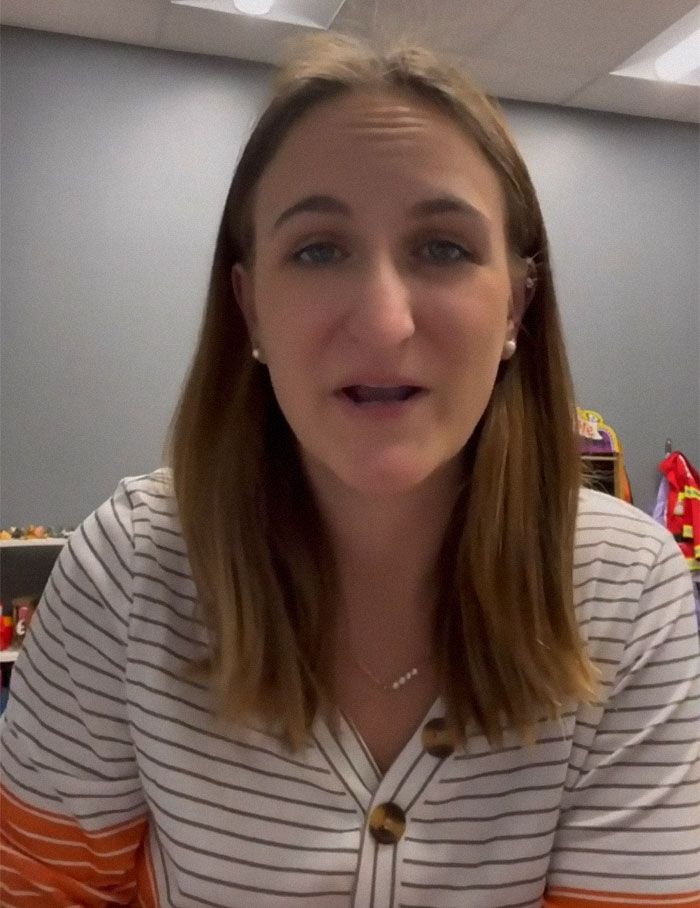
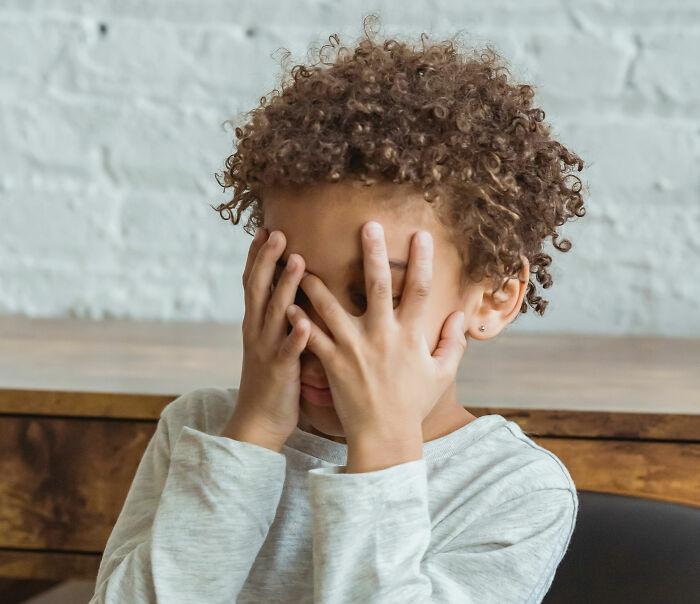





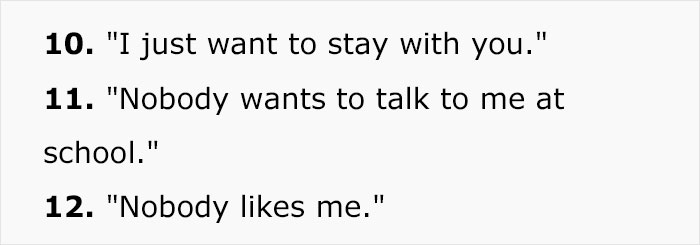

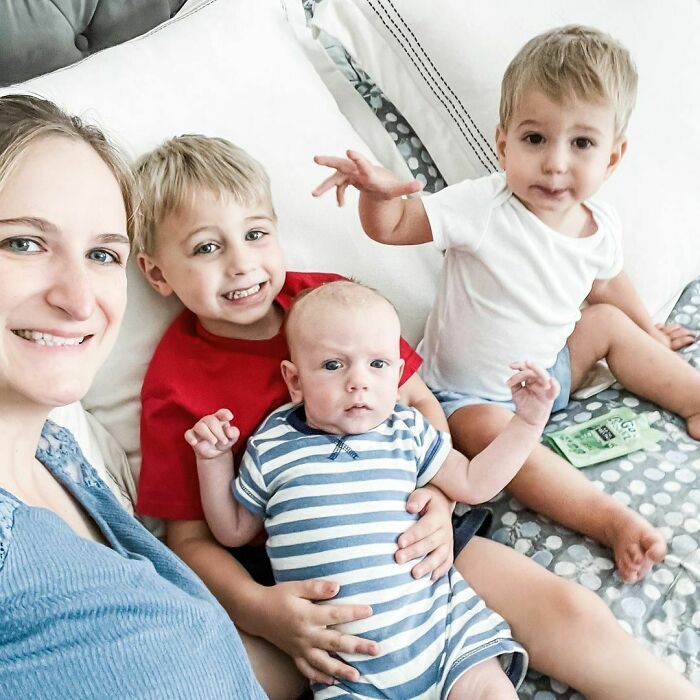









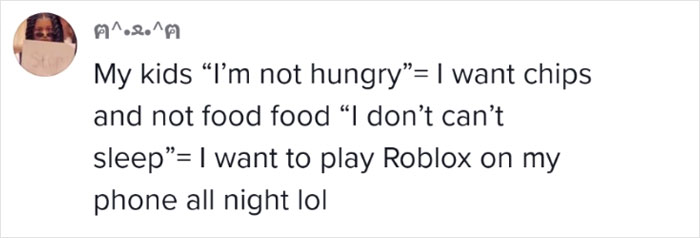
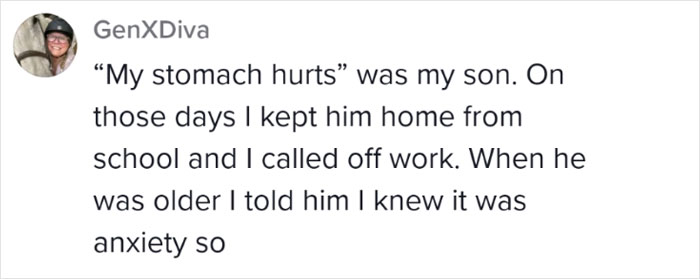





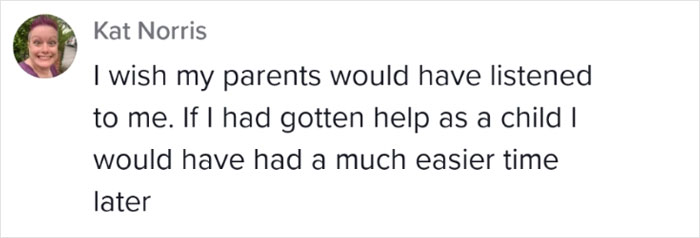
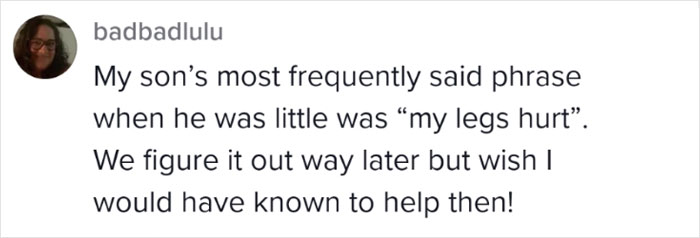














































79
20